Podcast: Play in new window | Download () | Embed
Subscribe: Apple Podcasts | Spotify | Amazon Music | Android | Pandora | iHeartRadio | JioSaavn | Podchaser | Gaana | Podcast Index | Email | TuneIn | Deezer | Anghami | RSS | More

The Queenship of the Blessed Virgin Mary – Building a Kingdom of Love with Msgr. John Esseff
Msgr. John Esseff and Kris McGregor discuss the queenship of Mary and her role as the Queen of Heaven and Earth. Beginning with a story from Bishop Sheen about Mary’s maternal love and her ability to open the gates of heaven for everyone, including the outcasts, Msgr. Esseff highlights Mary’s universal motherhood, rooted in her divine maternity, and her tender care for all humanity, particularly the lowly, sick, and suffering.
Reflecting on Mary’s appearances in various apparitions—Guadalupe, Fatima, Lourdes—and her role in guiding souls to heaven, it reminds us of her humility, which allowed her to crush Satan’s head, as symbolized by her title as the Immaculate Conception. Msgr. Esseff also discusses how Mary, as the Queen of Hearts, intercedes for her children, offering gifts through the Miraculous Medal and the power of prayer.
The queenship of Mary serves as a model of love, humility, and intercession for all believers.
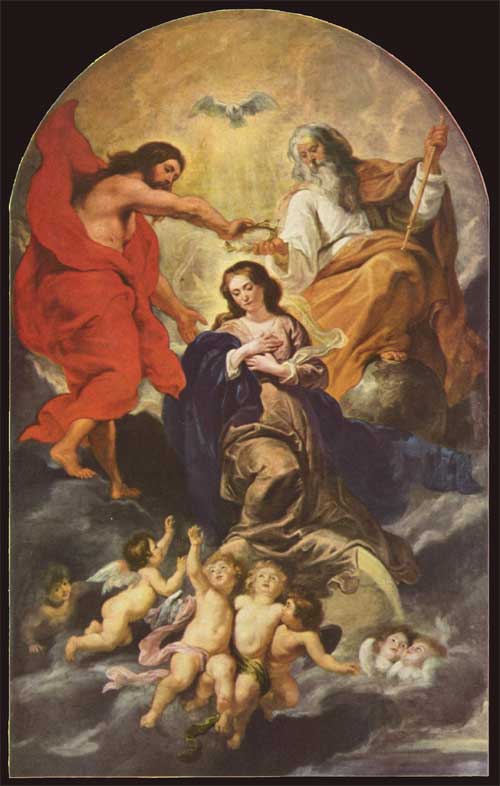
Discerning Hearts Reflection Questions
- Understanding Mary’s Queenship: How does recognizing Mary as the Queen of Heaven and Earth influence your perception of her role in your spiritual life?
- Embracing Humility: How can Mary’s example of humility inspire you to place others before yourself in your daily interactions?
- Trust in Mary’s Intercession: In what specific areas of your life can you more fully trust in Mary’s powerful intercession and seek her help?
- Role of Apparitions: How do the messages of Mary in her apparitions (such as Fatima, Lourdes, and Guadalupe) call you to a deeper conversion and commitment to prayer?
- Mary and the Sick: How can you follow Mary’s example by offering support and compassion to those who are sick or suffering around you?
- Living Childlike Faith: What practical steps can you take to embrace a childlike faith, fully relying on God’s providence as Mary did?
- The Reversal of Roles in Heaven: How does the idea that “the last will be first” challenge your current attitudes and behaviors towards others, especially those who are marginalized?
Msgr. John A. Esseff is a Roman Catholic priest in the Diocese of Scranton. Msgr. Esseff served as a retreat director and confessor to Saint Teresa of Calcutta. He continues to offer direction and retreats for the sisters of the Missionaries of Charity. Msgr. Esseff encountered St. Padre Pio, who would become a spiritual father to him. He has lived in areas around the world, serving in the Pontifical missions, a Catholic organization established by Pope St. John Paul II to bring the Good News to the world, especially to the poor. He continues to serve as a retreat leader and director to bishops, priests and sisters and seminarians, and other religious leaders .

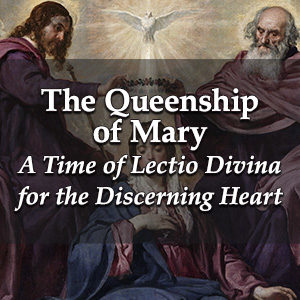 The Queenship of Mary – A Time of Lectio Divina for the Discerning Heart Podcast
The Queenship of Mary – A Time of Lectio Divina for the Discerning Heart Podcast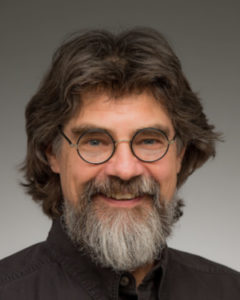






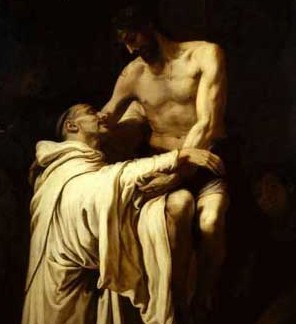
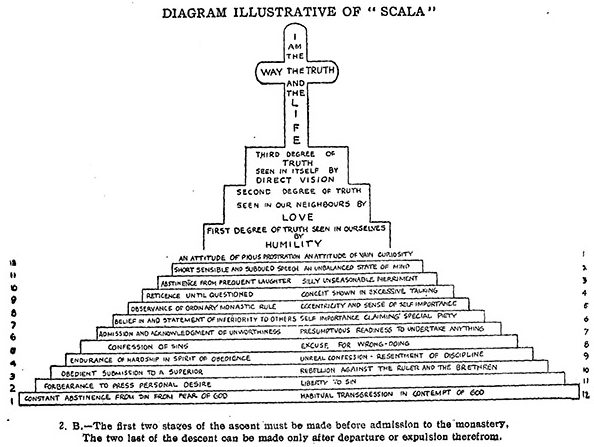 THE TWELVE DEGREES OF HUMILITY
THE TWELVE DEGREES OF HUMILITY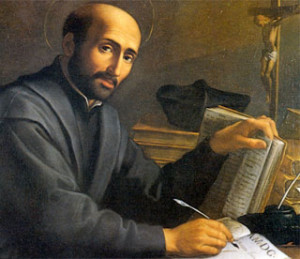


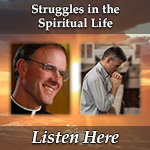



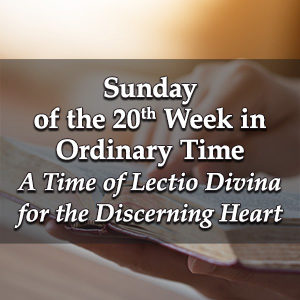 Sunday of the Twentieth Week in Ordinary Time – A Time of Lectio Divina for the Discerning Heart Podcast
Sunday of the Twentieth Week in Ordinary Time – A Time of Lectio Divina for the Discerning Heart Podcast